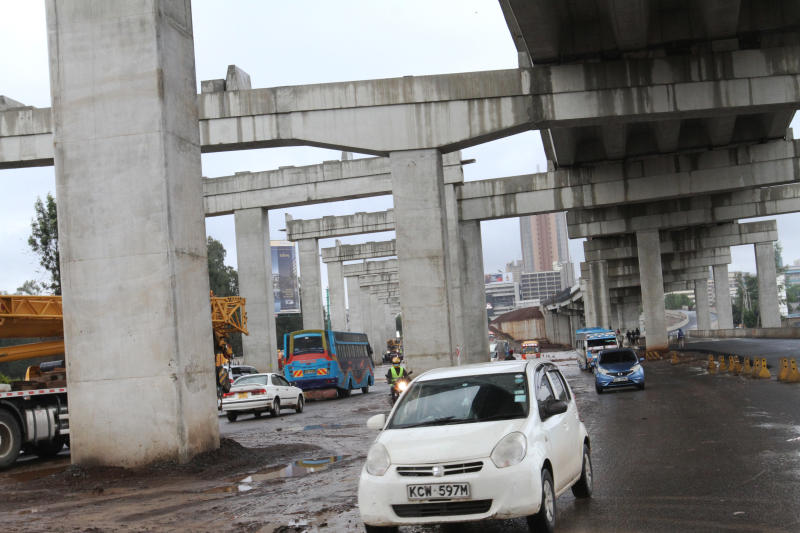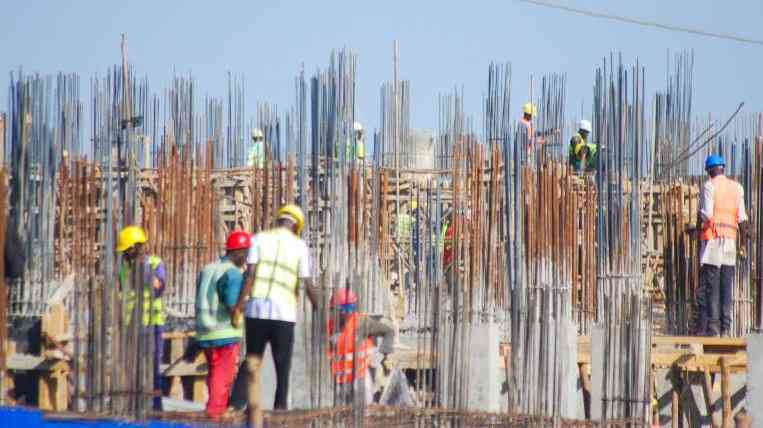×
The Standard e-Paper
Stay Informed, Even Offline

Whenever Ms Hellen Njeri’s customers turn to leave her shop in Nairobi, she has to ask them to be careful.
Though she wishes she did not have to, the fear of leaving them to run into vegetables strewn across the verandah by mama mboga or stepping into floodwaters is real.







